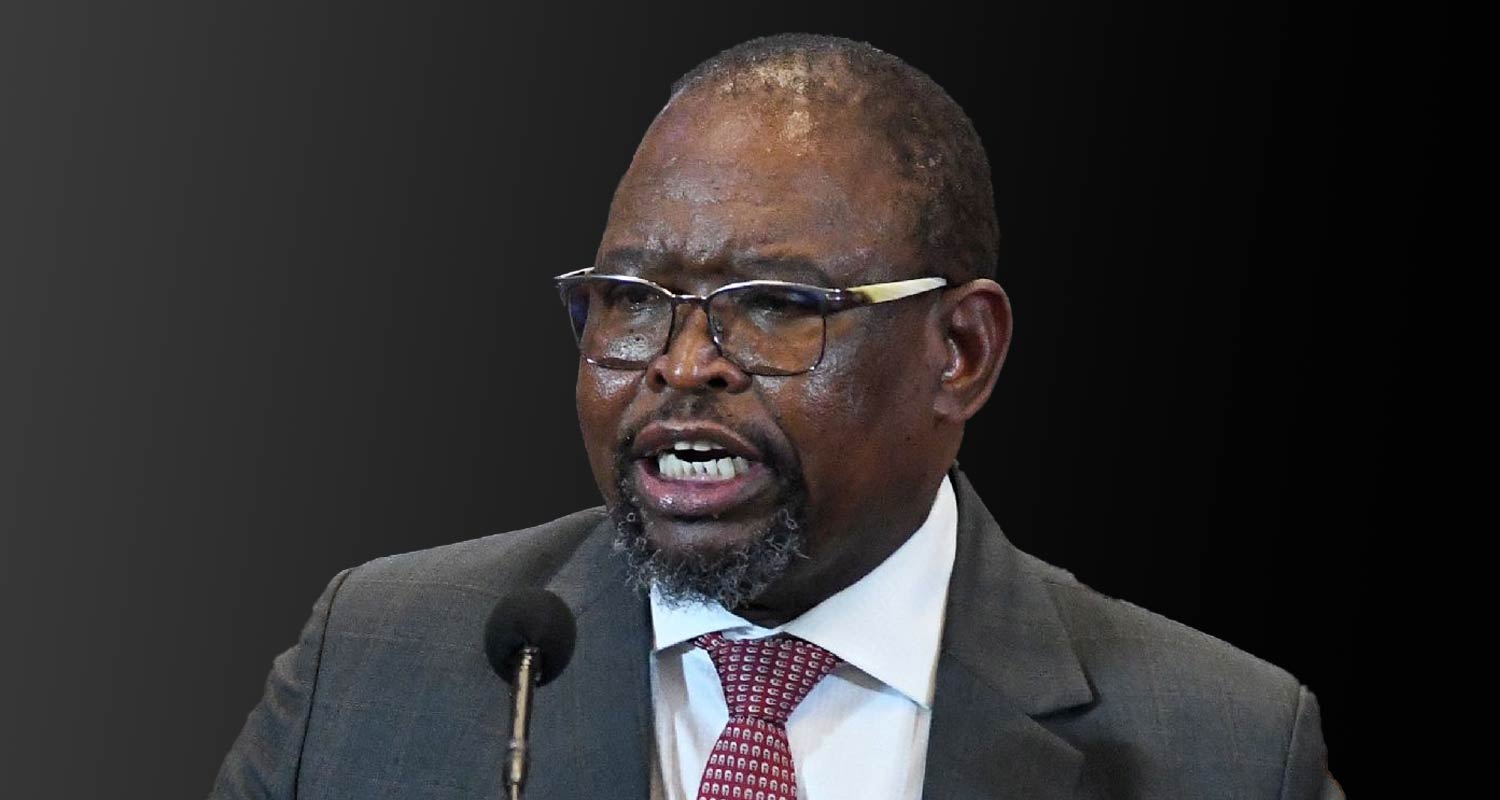
With the tax windfall from a commodities boom over and a revenue shortfall of R56.8-billion expected this fiscal year, finance minister Enoch Godongwana has unveiled plans to increase borrowing significantly to plug a budget funding shortfall.
Here’s who will benefit and lose from Wednesday’s medium-term budget policy statement:
Winners
- Welfare recipients: The government will extend its social relief grant that it started paying to low-income households during the Covid-19 pandemic by a year. That means the more than eight million people who get the R350 monthly stipend will continue benefiting until March 2025. Beyond this, any permanent extension or replacement will require new revenue sources, other spending cuts and a review of the entire social grants system, Godongwana said.
- Construction companies: The government is working on a new mechanism to crowd in financing from the private sector and international institutions for large infrastructure projects. It’s also exploring the creation of alternative financing instruments for priority projects. More spending in the sector would be a boon for construction and engineering companies.
- Public servants: The government will implement a pay agreement it struck with its 1.3 million employees in March, dispelling fears that it would renege on the deal. It will allocate an additional R23.6-billion to labour-intensive departments in this fiscal year to fund the accord.
- Automotive industry: Godongwana will announce plans in his February budget to help the sector transition to new energy vehicle production.
- Natural disaster victims: The government is developing a disaster risk financing strategy to address challenges posed by natural disasters that are becoming increasingly common in South Africa. Recent floods in the Western Cape caused significant damage to infrastructure.
Losers
- Most South Africans: To finance its spending plans government plans to borrow on average R553.7-billion annually over the next three years. The money will be used to fund the gap between what government spends and the revenues it collects, refinance existing debt and provide debt relief to Eskom. The increased borrowing means there will be less money for other programmes. Servicing debt now costs more than basic education, social protection or health, according to Godongwana.
- Transnet: The state-owned logistics company whose rail inefficiencies are estimated to have cost the country R411-billion won’t be getting a bailout from government any time soon. In a recent turnaround plan, the company suggested that government take over all of its R135-billion of debt in return for an annual dividend, or take over the servicing of all its loans at a cost of about R13-billion/year.
- Taxpayers: Godongwana plans to announce new tax measures to raise R15-billion for 2024-2025 in his February budget speech. — (c) 2023 Bloomberg LP

